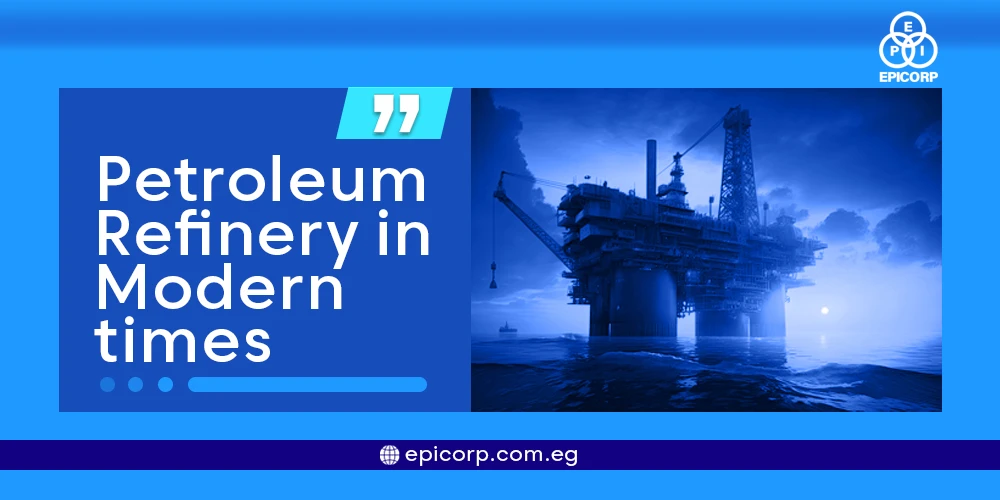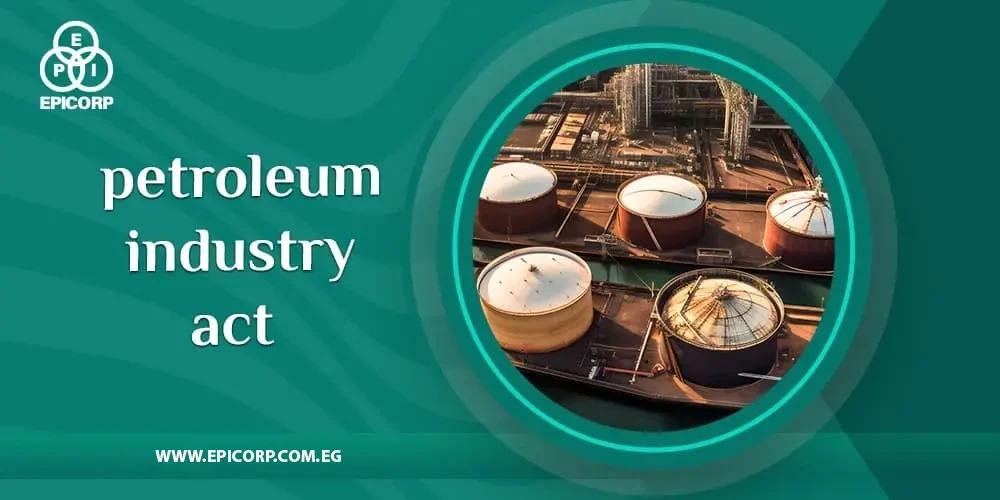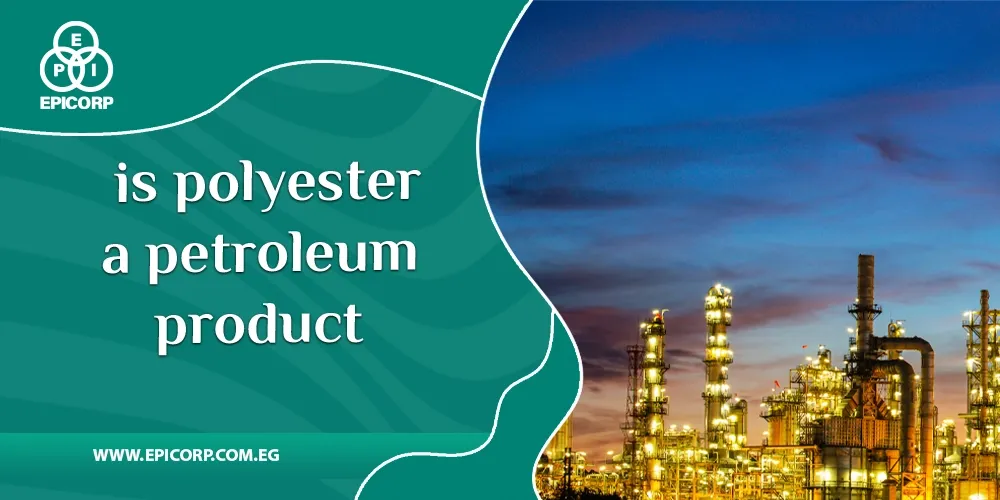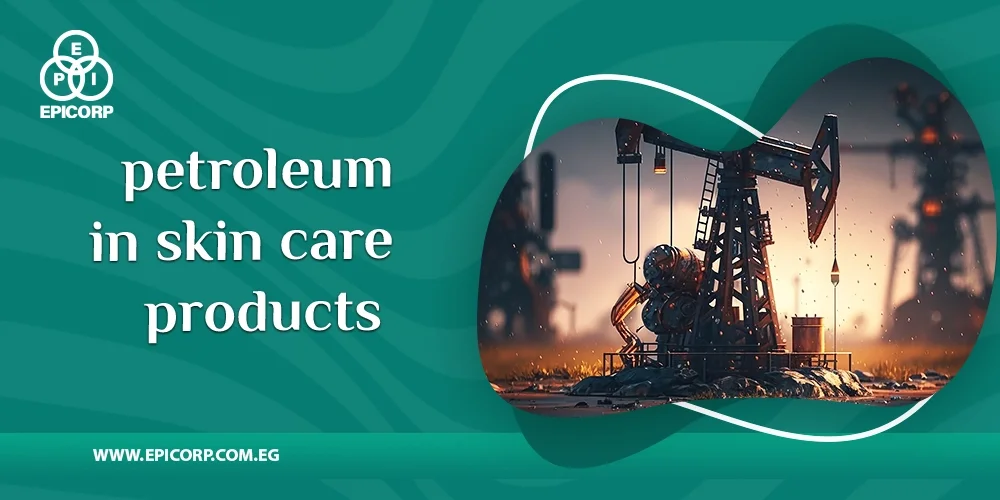The processes of petroleum refinery in modern times play a pivotal role in our modern world, meeting the ever-growing demand for energy and various petroleum-based products. These industrial complexes have come a long way since their inception, constantly evolving and adapting to meet the needs of a changing world.
In recent years, they have also been at the forefront of innovations aimed at enhancing sustainability and reducing environmental impact
This article delves into the state of petroleum refinery in modern times, exploring the technologies, challenges, and sustainability efforts that shape their operations.
Table of Contents
ToggleWhat is petroleum refinery in modern times?
petroleum refinery in modern times is a facility designed to process crude oil into a wide range of valuable products. These refineries are responsible for breaking down the raw, unrefined crude oil into various fractions.
Petroleum refinery in modern times are subject to strict environmental regulations to control emissions and regulate the environmental impact.
This includes reducing sulfur in fuel, capturing emissions, and using cleaner technologies.
A petroleum refinery in modern times produces a wide range of products beyond fuels, such as petrochemical feedstocks for the production of plastics, lubricants, and many other industrial products.
Who invented petroleum refinery in modern times?
One of the earliest breakthroughs in this era was the refining of paraffin from crude oil. Abraham Gesner pioneered a method for refining a liquid fuel, which he later named kerosene, derived from coal, bitumen, and oil shale. This new fuel burned cleaner and proved to be more cost-effective than traditional whale oil, leading to its widespread use.
The world’s first refineries and modern oil wells were established in the mid-19th century, marking the birth of the petroleum industry.
What are the five basic refining processes?
The five basic refining processes used in petroleum refinery in modern times are:
1- Distillation: The primary process in refining, where crude oil is heated to separate it into different fractions based on their boiling points. This yields products like gasoline, diesel, jet fuel, and heating oil.
2- Cracking: There are two main types, catalytic cracking and hydrocracking. Cracking processes break down heavier hydrocarbons into lighter, more valuable components, such as gasoline and diesel.
3- Reforming: This process involves changing the molecular structure of naphtha to produce high-octane gasoline and hydrogen.
4- Desulfurization: The removal of sulfur compounds from refined products, especially important for reducing air pollution and meeting environmental regulations.
5- Hydroprocessing: This includes hydrocracking and hydrotreating. Hydrotreating removes impurities like sulfur and nitrogen, while hydrocracking upgrades heavy fractions into lighter
What is the main method for refining of petroleum?
The main method of the five steps of petroleum refinery in modern times is called “distillation,” specifically known as crude oil distillation. This process is the initial and fundamental step in refining crude oil into various valuable products. Here’s how it works:
1- Crude Oil Input:
Crude oil, as it comes out of the ground, is a complex mixture of hydrocarbons with different boiling points.
2- Distillation Tower:
The crude oil is heated in a distillation tower, where it is separated into different components based on their boiling points.
3- Fractionation:
As the crude oil is heated, the lighter fractions with lower boiling points (like gasoline and diesel) rise to the top of the tower, while the heavier fractions with higher boiling points (such as residual fuel oil) settle at the bottom.
4- Collection and Refinement:
Each fraction is collected and then undergoes further processing in various units within the refinery to refine and transform it into specific products. This can include additional distillation, cracking, and chemical conversion processes.
What are the three types of refineries?
Petroleum refinery in modern times can be categorized into three primary types based on the complexity of the processes and the products they produce:
1- Simple Refineries: These are also known as topping refineries. They have the least complex operations and primarily focus on the initial distillation of crude oil to separate it into basic fractions like gasoline, diesel, and heating oil.
2- Complex Refineries: Complex refineries, also referred to as full-conversion refineries, are equipped to perform secondary processing operations in addition to the initial distillation, including higher-value products like petrochemical feedstocks.
3- Hybrid Refineries:
Hybrid refineries combine elements of both simple and complex refineries. They have the capacity for primary distillation as well as secondary processing to some extent for products.
Why is petroleum refinery important?
Into various petroleum products used for transportation, heating, road construction, electricity generation, and as raw materials for the chemical industry. The petroleum refinery in modern times involves breaking down crude oil into its individual components, which are subsequently restructured to create new products, and the importance can be simplified in key reasons:
1- Energy Production:
Refineries are a primary source of gasoline, diesel, and jet fuel, which power our vehicles, airplanes, and various forms of transportation, thus fueling our modern way of life.
2- Industrial Feedstock:
petroleum refinery in modern times produces feedstocks for a wide range of industrial processes, including the manufacturing of chemicals, plastics, and synthetic materials. These materials are used in countless products and industries.
3- National Security:
Having a domestic source of refined petroleum products can enhance a nation’s energy security and reduce reliance on imports.
4- Sustainability and Environmental:
Improvement Petroleum refinery in modern times are actively working to reduce their environmental impact, develop cleaner fuels, and support the transition to more sustainable energy sources.
Conclusion
The petroleum refinery in modern times is an intricate and indispensable cornerstone of our industrialized world. Its evolution from basic facilities to highly sophisticated complexes has been marked by innovation and adaptation. These refineries, with their advanced processes and technology, are not only critical for producing transportation fuels but also serve as a vital source for a myriad of everyday products, from plastics to pharmaceuticals. Moreover, they play a pivotal role in the ongoing shift toward sustainability, reducing environmental impact.
Epicorp is a dynamic company with a broad reach, extending its operations throughout Egypt, Africa, the Middle East, and Gulf countries. Our primary goal is to cultivate a dependable and extensive client base through unwavering dedication and hard work, delivering a comprehensive range of services both locally and on the international stage. Our core focus lies in facilitating investment and business prospects especially in the petroleum industry.
FAQ
What are modern uses of petroleum?
petroleum refinery in modern times is more than just a source of fuel; it's an integral part of our daily lives, contributing to a wide array of applications. Gasoline is important for transportation, electricity generation through natural gas, and Heating oil warms our homes and businesses. What is the main purpose of petroleum refining? The main purpose of petroleum refining is to process crude oil into various products like gasoline, diesel fuel, jet fuel, and petrochemical feedstocks.




